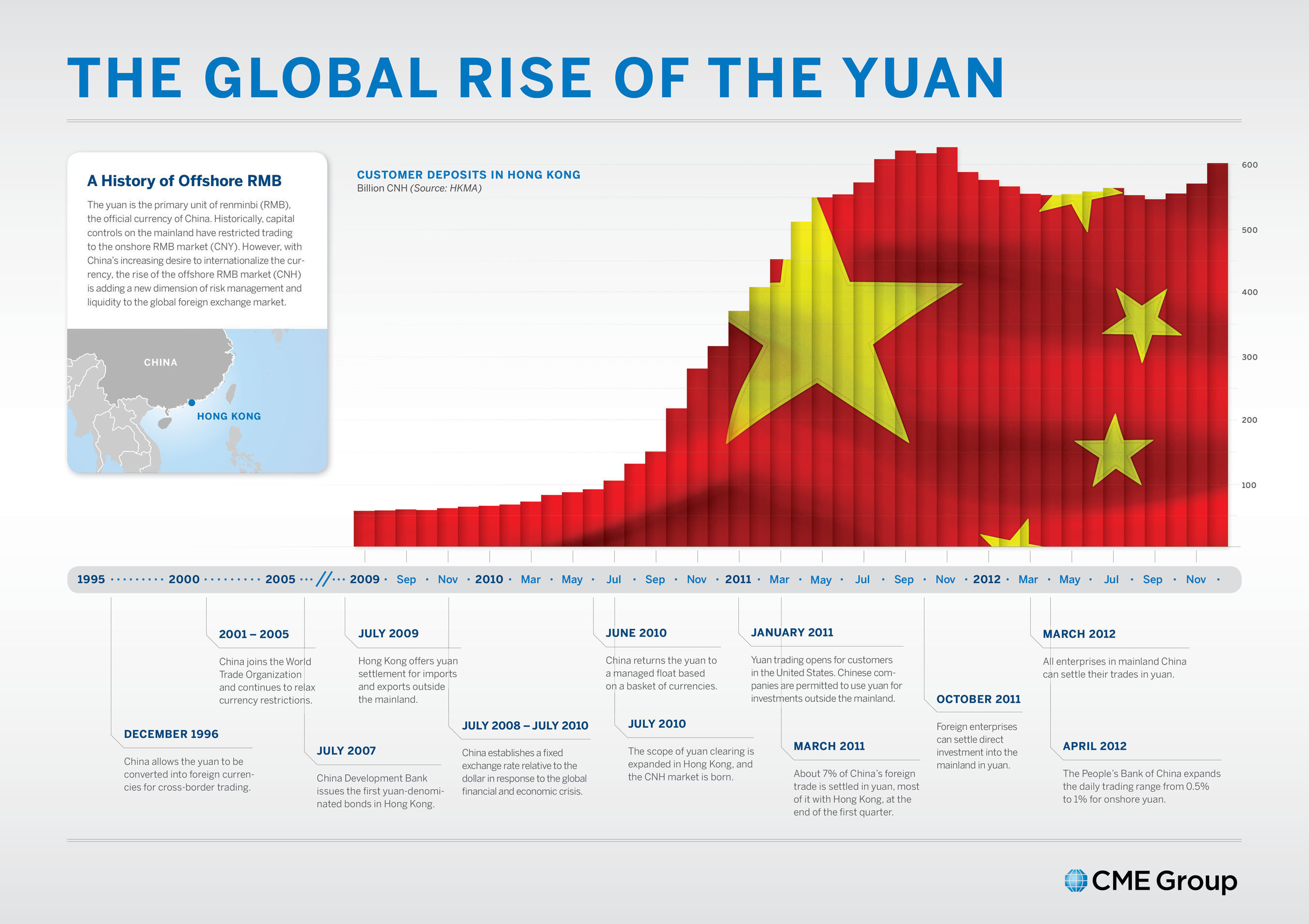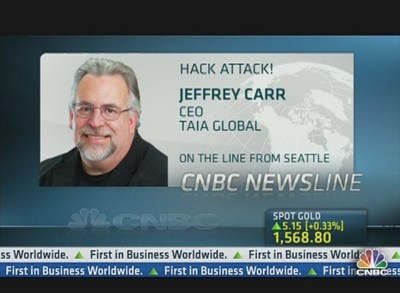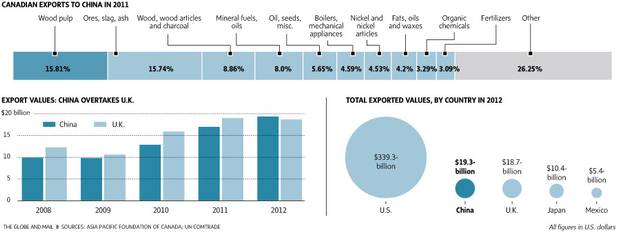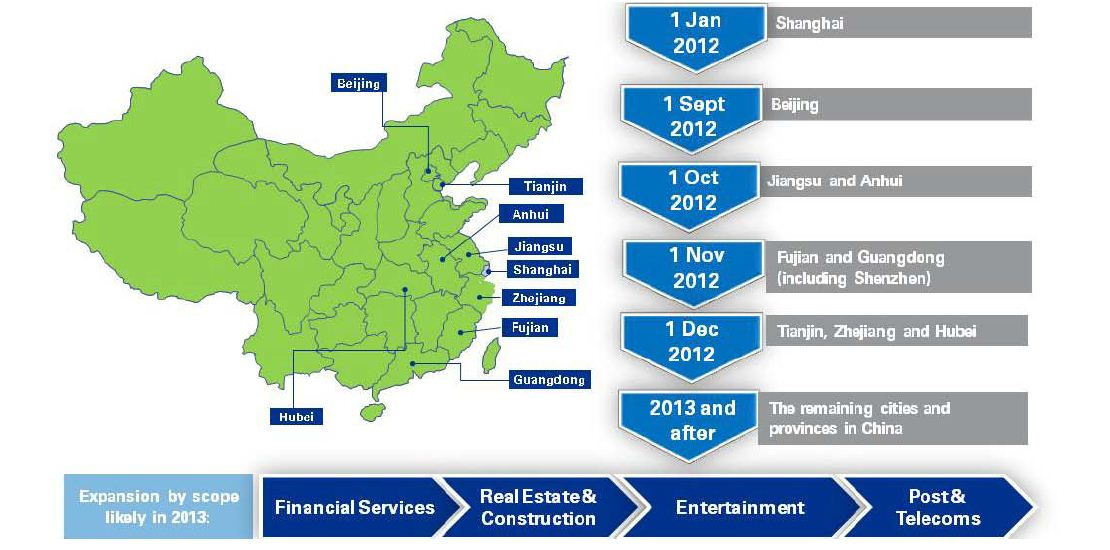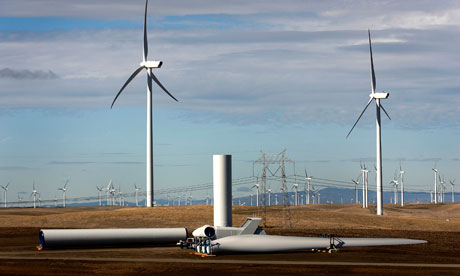Trade Minister to Promote Canadian IT in China
The federal trade minister is promoting China as a key market for Canadian technology as that country is being outed as a hacker hotbed.
Ed Fast says he’s headed to China and Japan in April to promote Canadian information communications technology.
In China, Fast will visit three cities, including Shanghai, the home of a military unit linked this week to cyber-espionage activities targeting companies around the globe.
Fast says he’s going to Shanghai in particular because it’s an important area for the development of IT for business and mobile applications.
He’ll also visit Hangzhou and Hong Kong as well as Japan to focus on medical imaging technology, along with business leaders from those industries.
Fast’s trade mission is his first to China since his visit with the prime minister last year.
A foreign investment and promotion agreement between Canada and China\ that was the centrepiece of Harper’s 2012 trip has yet to be ratified.
China a hot export market for Canada
Still, statistics show that in 2012, China surpassed the United Kingdom to become the second-largest destination for Canada’s exports.
The Canadian information communication sector saw revenues of about $162 billion in 2011 and Chinese demand for related products is booming.
– Canadian Press
Everyone Hacks Everyone Else
Given all the hoopla about China’s hacking of Western companies and institutions, the dirty truth is that everyone hacks everyone. Here’s an opinion piece on Tech in Asia and a report on CNBC citing a hacking expert:
China has been involved in an awful lot of hacking incidents recently, from the New York Times scandal all the way up to the recent revelations about military hackers. So I suppose that when a new hacking story comes out, it does make some sense that people would suspect China. That’s understandable.
But privately suspecting something and publicly reporting it are two very different things. On the heels of Apple’s announcement that it had also been hacked, many media outlets strongly implied that China was responsible. Others just came right out and said China was involved right in the headline. The problem with that is that it isn’t true. At all.
In fact, the hacks of Twitter, Facebook, and Apple all seem to have come from Eastern Europe, not China. As I mentioned previously, it’s not unreasonable that people think about China first when they hear a high-profile hacking story, as the country has been involved in a lot of them.
And China’s protestations that it doesn’t actively engage in hacking and other forms of cyberwarfare are patently ridiculous. Of course China is trying to hack other governments and foreign countries. But here’s the thing: everyone is trying to hack everyone all the time.
In this day and age, there is simply no way that any country big enough to have its own intelligence agency does not also have government-funded web experts looking to attain valuable intelligence through the web via any number of means, including hacking. China may be involved in more hacking than other countries, but it could also just be less good at getting away with it.
Either way, let’s all try not to jump to the conclusion that it was China the next time you hear a hacking story. Or, if you do jump to a conclusion, at least try not to print it in The Atlantic before it has actually been confirmed.
————————-
On Thursday, Taia Global’s CEO Jeffrey Carr took up for China, questioning why China is the only country that seems to be accused of cyber attacks.
“We know that many countries are engaged in these activities and yet only China ever seems to be caught, which to me, again statistically, appears to be an impossibility,” Carr, who is also a cyber security analyst, told CNBC Asia’s “Squawk Box.”
Carr attacked the report for unfairly targeting China specifically and leaving out other countries, which are known to be embroiled in cyber security espionage, including Russia, for instance.
Russia was accused of launching cyber attacks on Estonia in 2007 after a Soviet war memorial was moved in Tallinn, Estonia and was condemned by the Kremlin, the BBC reported at the time.
“They tend to focus only on China, when in fact there are many countries that engage in intellectual property theft or trade secret theft. So this unnecessarily escalates tensions between the U.S. and China when it doesn’t have to be,” he said.
Carr also launched a scathing attack on inaccurate methodology used in the Mandiant report.
“I have problems with the report. One, that they never established that the Chinese military is doing the hacking, that’s the report’s big announcement,” said Carr. “It’s the Chinese military, it’s this particular People’s Liberation Unit (PLA) unit based in Shanghai, and they never established that that is true. In order to do that they have to eliminate all other possibilities and they failed to do that,” he said.
According to Carr, Mandiant’s cited methods of using Internet Protocol (IP) addresses and strings of code to identify the location of a computer or device to source the location of the hackers are invalid and using these tools provided an “exceedingly weak piece of evidence”.
“[Using] IP geographical location is extremely unreliable. But even if you accept it as valid, it’s only geo-locating to that portion of Shanghai, which happens to have five million people. It’s a major metropolitan area and it’s a hub for financials and business. So it means nothing. Every major city in China has a PLA outpost,” he said.
China Now #2 Importer of Canadian Goods
China has surpassed Britain as Canada’s No. 2 export destination, a milestone in the inevitable shift from the stagnant Old World to faster-growing emerging markets.
Canadian goods exports to China surged 15 per cent last year to $19.3-billion, paced by a near-doubling of canola seed and canola oil shipments, according to newly tabulated government trade figures.
It’s a case of “China meets Saskatchewan,” Dan Ciuriak, former deputy chief economist at the Department of Foreign Affairs and International Trade, said of the numbers showing China topping Britain for the first time. Exports to Britain fell nearly 1 per cent to $18.6-billion.
“In a big-picture sense, it’s just an inevitable reality that as China becomes larger, it would overtake the Old World,” said Mr. Ciuriak, now a consultant. “It was just a question of time.”
Canada isn’t alone in being touched by China, which surpassed the United States as the world’s largest goods trading nation in 2012. The U.S. still does more overall trade if services are included.
Canada’s exports to China have nearly doubled between 2008 and 2012, a period in which the country’s overall exports fell nearly 1 per cent. Canadian exports to China of bulk commodities such as coal and iron ore were also up sharply last year.
China’s economy has been growing at 10 per cent a year for most of the past decade and is hungry for the resources that Canada has in abundance. Europe, on the other hand, has been stagnant for the past four years, with some countries in a deep recession.
Canada’s trade with China is destined to increase both because the country is growing so fast and because the countries’ main products complement each other, Mr. Ciuriak said. “We’re very natural trading partners.”
– Globe and Mail
KMT to Withdrawal Troops from the Kinmens
Another sign of ever warmer ties between the mainland and Taiwan.
———————–
Taiwan plans to withdraw troops from two islets near the Chinese mainland and will turn the former battleground into a tourist attraction as relations improve, officials said Wednesday.
The two tiny islets, Tatan and Ertan, form part of the Taiwan-controlled Kinmen island group off southeast China’s Xiamen city and are currently manned by around 120 soldiers.
Kinmen county magistrate Lee Wuo-shih Tuesday discussed the plan for the two islands with minister without portfolio Lin Cheng-ze.
“The minister has in principle agreed to our plan of troop withdrawal from the two islets… once the plan is completed, it will be another crucial sign of the improving ties between Taiwan and the mainland,” Lee told AFP.
The two islets, which together have an area of little more than one square kilometer (0.4 square mile), are about four kilometres (2.5 miles) from Xiamen at the nearest point.
While the two islets may soon be emptied of soldiers, there is no indication that Taiwan will terminate its garrison on much-larger Kinmen island any time soon. The exact number of soldiers there is a secret.
Lee said he was confident that reminders of a fierce 1950 battle on the two fortified islets would lure visitors from both Taiwan and the Chinese mainland.
“Various sites related to the battle remain intact. This is bound to attract a lot of interest from tourists,” he said.
According to Taiwan’s military authorities, a 300-strong Taiwanese garrison wiped out more than 700 Chinese troops trying to land on the fortified frontline islets following an intensive artillery bombardment in July 1950.
The battle was part of the Chinese communists’ attempts to invade Taiwan, where troops led by Chiang Kai-shek took refuge after being driven from the mainland at the end of a civil war in 1949.
– AFP
China’s Tax Reforms Tackle the Wealth Gap
The gap between the rich and poor in China is getting disturbingly wide with the GINI coefficient, a measure of income inequality, reaching 0.474 (and even higher by some accounts), well above the 0.4 level that is considered the threshold for breeding social discontent. To address the yawning gap, the State Council this month came out with a set of guidelines aimed at heavier taxes for SOE companies, property speculators, and the rich, among other measures.
Jointly announced by the National Development and Reform Commission, the Ministry of Finance, and the Ministry of Human Resources and Social Security, the reform plan also called for the doubling of 2010 personal incomes by 2020, setting a minimum wage in certain industries, narrowing wage gaps among SOEs, and 20% of housing stocks being low income by 2015.
One of the biggest impacts will felt by SOEs and listed Chinese companies. SOEs will be required to transfer 5% more of their profits to the government by the end of the 12th 5-Year Plan period (2015) and listed companies will have to raise their dividend payments to individual investors. SOEs have long enjoyed preferential policies that provided an uneven playing field on which they earned inordinate profits. Increased SOE taxation would go far in supporting pension funds, the national health insurance system, and other aspects of the social safety net.
“For state-owned companies in some industries with overly high income, we will strictly implement the two-tier controls on firms’ total salary and wage level to gradually reduce the salary gap between different industries”, stated the announcement. The government will also take a whip to state monopolies, bringing in stricter supervision to prevent improper access to public resources at little or no cost.
Taxes payable by SMEs that comprise 95% of all businesses in China will be reduced with the expansion of value-added tax (VAT) pilot projects that started in Shanghai since January 2012, introducing new VAT rates in transportation and modern services. During the second half of 2012, the program was expanded throughout the country and in 2013, VAT reforms will be extended to other industries such as financial services, insurance, real estate and construction, and others. If all goes well, all forms of business taxes will be amalgamated into VATs by as early as 2015.
The current tax system for individual income earners is full of loopholes through which the rich easily dodge auditors and previous plans for the introduction of a property tax have encountered much opposition. The new State Council guidelines introduces stricter rules for income and property disclosures by government officials, additional taxes on luxury products and leisure activities, augmentation of resource taxes, and the gradual implementation of a property tax pilot scheme on high-value houses.
The government will also study the introduction of an inheritance tax “at an appropriate date”. For foreign ex-pats, the exemption on dividends paid by foreign-funded enterprises from personal income taxes will also be withdrawn. Currently, average wage-earners contribute more than 60% of all personal income taxes in China.
In its China Rebalanced report, Fitch Ratings concludes that the government’s plan is likely to increase real wages and accelerate China’s economic rebalancing from investment-led to consumption led growth. “We would expect China’s rebalancing away from the existing unsustainable investment-led growth to lead to companies making more higher value-added goods and the development of service-based industries. We think it is likely that real wages will continue increasing even after investment as a share of GDP starts to fall, similar to Korea’s experience in the 1990s”, wrote the authors.
China to Build Titanic II
A Chinese shipyard will build an 885-foot-long ship to be named Titanic II — a replica of the liner that sank in 1912, a spokesman said.
The project, which will take the state-owned CSC Jinling Shipyard Co Ltd in Nanjing, Jiangsu province, three years to complete, is financed by Australian billionaire Clive Palmer, China Daily reported.
The 173-foot tall Titanic II will make its maiden voyage from England to the United States in 2016 with 900 crew members and 2,400 passengers, officials said.
“The world’s leading shipyards and ship-design companies, including Finland’s Deltamarin, have been invited to join the construction work of Titanic II,” said Li Wenbao, spokesman for Jinling. “The liner will be equipped with advanced technologies, including the latest life-saving and communications systems, to meet the requirements of modern navigation.”
Li said the shipyard has a contract with Blue Star Line, a wholly owned subsidiary of a mineralogy company owned by Palmer.
The original Titanic sank off Newfoundland after hitting an iceberg April 15, 2012, on its maiden voyage, killing 1,523 people.
– UPI
Low Level of Trust Among Chinese People
Trust among people in China dipped to a record low with less than half of respondents to a recent survey feeling that “most people can be trusted” while only about 30 per cent trusted strangers.
The Blue Book of Social Mentality, the latest annual report on the social mentality of China, analysed respondents’ trust toward different people and organisations and drew a conclusion that trust in society is poor. The trust level was 59.7 points out of a full mark of 100 points.
In 2010, the trust level was 62.9 points.
The study, conducted by the Institute of Sociology under the Chinese Academy of Social Sciences, was based on a survey that asked more than 1,900 randomly selected residents in seven cities including Beijing and Shanghai about their opinions on trust.
The latest poll also found that in China, family members are viewed as the most trustworthy, followed by close friends and acquaintances.
It showed that around 30 per cent of the people polled trusted strangers on the street and about 24 per cent trusted strangers online.
When respondents were asked to name institutions that they generally trust, about 69 per cent said government, 64 per cent public media, 57.5 per cent non-governmental organisations, but only about 52 trusted commercial organisations.
The study also found that mistrust among different social groups, particularly between government officials and ordinary citizens as well as doctors and patients, has grown.
Wang Junxiu, who co-edited the blue book from the Chinese Academy of Social Sciences, said the low level of trust in China has led to many problems such as the waste of resources.
To improve trust, Wang urged the government to work harder to ensure all powers are under close watch and punish people who operate scams.
– China Daily/ANN

